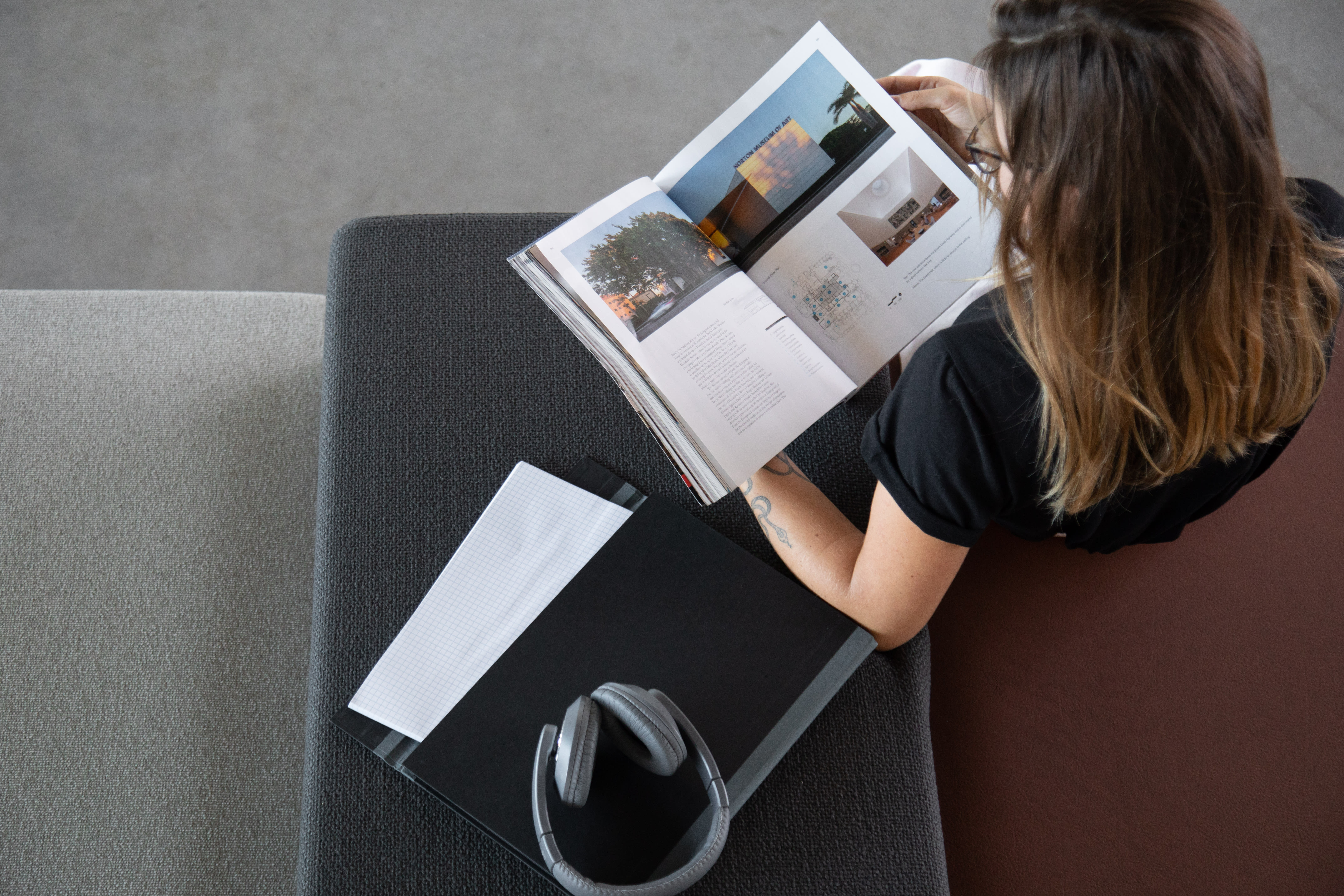In early 2020, physical distancing was an important consideration to attempt to slow the spread of COVID-19. Those who could, worked from home. Many were isolated or alone, and others of us were cohabitating in close quarters with partners, pets, or children. The threat to our health is enough to elevate stress alone - but throw in the challenges of a new working scenario, and many of us were struggling to find a sense of calm and productivity. We continue to feel pressures of home, work, and staying healthy. We are anxious about the news and what is coming. We are trying to work…trying.
In this blog, I want to start a dialog about the stress we are under and some considerations to practice psychological resilience.
First, I want to acknowledge the continued bravery and sacrifices of front-line workers, as well as all the essential workers that are keeping the rest of us running (delivery persons, grocery store workers, trash collectors, janitors…and on and on).
I want to acknowledge those that have lost loved ones due to this disease.
I want to acknowledge that a lot of people have lost jobs or were furloghed.
I also want to acknowledge that even if everything in your life is settled and safe and tolerable, it is okay for you to feel stressed and overwhelmed and anxious. There is a theory called Comparative Suffering, in which humans feel a need to rank our situations. For example: “I shouldn’t feel so tired and anxious, I don’t have it as badly as those working in the hospitals.” I want to encourage you to avoid this kind of thinking. It does not address our fatigue and anxiety and in fact, can even make us feel worse. We compound our negative feelings when we rank order our situations because we add shame, guilt and disappointment. Instead, acknowledge you’re stressed, tired, and anxious. That this is hard. Being honest with how you feel will not diminish your gratitude and admiration for those who have a different reality – it may even make you more appreciative. More importantly, it is the first step in reconciling how you feel and will allow you work toward a resolution.
Stress can manifest itself differently in everyone. Common manifestations of stress include:
- Physical Manifestations: Sleep changes; headaches, nausea, tight muscles
- Emotional Manifestations: Mood swings, irritability, cynicism, emptiness
- Behavior: Over-eating, risk taking
- Productivity: Poor concentration, forgetfulness, indecision, disengagement
An individual’s reaction to our current reality can go beyond stress as well. Other common emotions include:
- Guilt for not being able to contribute in the same ways at work or at home
- Frustration or feeling judged by others for differences in attitudes toward recommendations (e.g. wearing/not wearing face masks, talking to neighbors 6+ feet away)
- Fear and worry about the health of your loved ones
- Boredom without motivation to resolve
- Real sense of loss for cancelled events and activities
- Loneliness and disconnectedness from loved ones
- Feeling pressure to ‘make the most of this time.’ Learn a new language! Organize your junk drawers! Do all the homeschooling! BE GRATEFUL ALL THE TIME!
If you are sensing any of these emotions, it may help to take stock of your current physical and mental state. To name and recognize your emotions and manifestations of stress. If these feelings are overwhelming and unbearable, seek help and professional guidance.
If, however, they feel manageable, take note: There can be positive emotions too in this time too. Gratitude for time, sense of calm, family togetherness. How do we find and capitalize on those emotions? One thing we can do is to engage in practices that will encourage resiliency.
You can practice resiliency in the following ways:
Physical:
- Move your body and exercise – find an activity that you like
- Sleep if you can – we should strive to get 7-8 hours of sleep a night
- Eat nourishing foods
- Drink water
Emotional:
- Get away from ‘forever spirals’. Instead of “we are never going to be back to normal!”, try “this is our reality now. What is the next thing I can do to make this time less scary?”
- Look for opportunities to practice gratitude for small and big things.
- Practice self-empathy
Behavior:
- Find moments to laugh
- Connect with friends and family through phone, email, video conferencing
- Share your emotions with the people you are cohabitating with
- Turn off notifications on your news and social media apps. Only take in media when you choose, in manageable doses.
Productivity: Poor concentration, forgetfulness, indecision, disengagement
- Look into company resources for support and outreach
- Celebrate big and small successes for yourself and your team members
- Manage your expectations and be honest with your team and managers about your availability, workload, and abilities
- Communicate often with team/manage AND with your with cohabitants about what you need and when you need it.
You may have noticed that anxiety can be contagious. It only takes one over-reaction, one scary headline, or one pessimistic attitude to increase the anxiety of all in the area. I believe that resilience is also contagious. Let’s all work to spread grit, grace, gratitude, and generosity.
Be well. Be kind. Wash your hands.
Resources:






